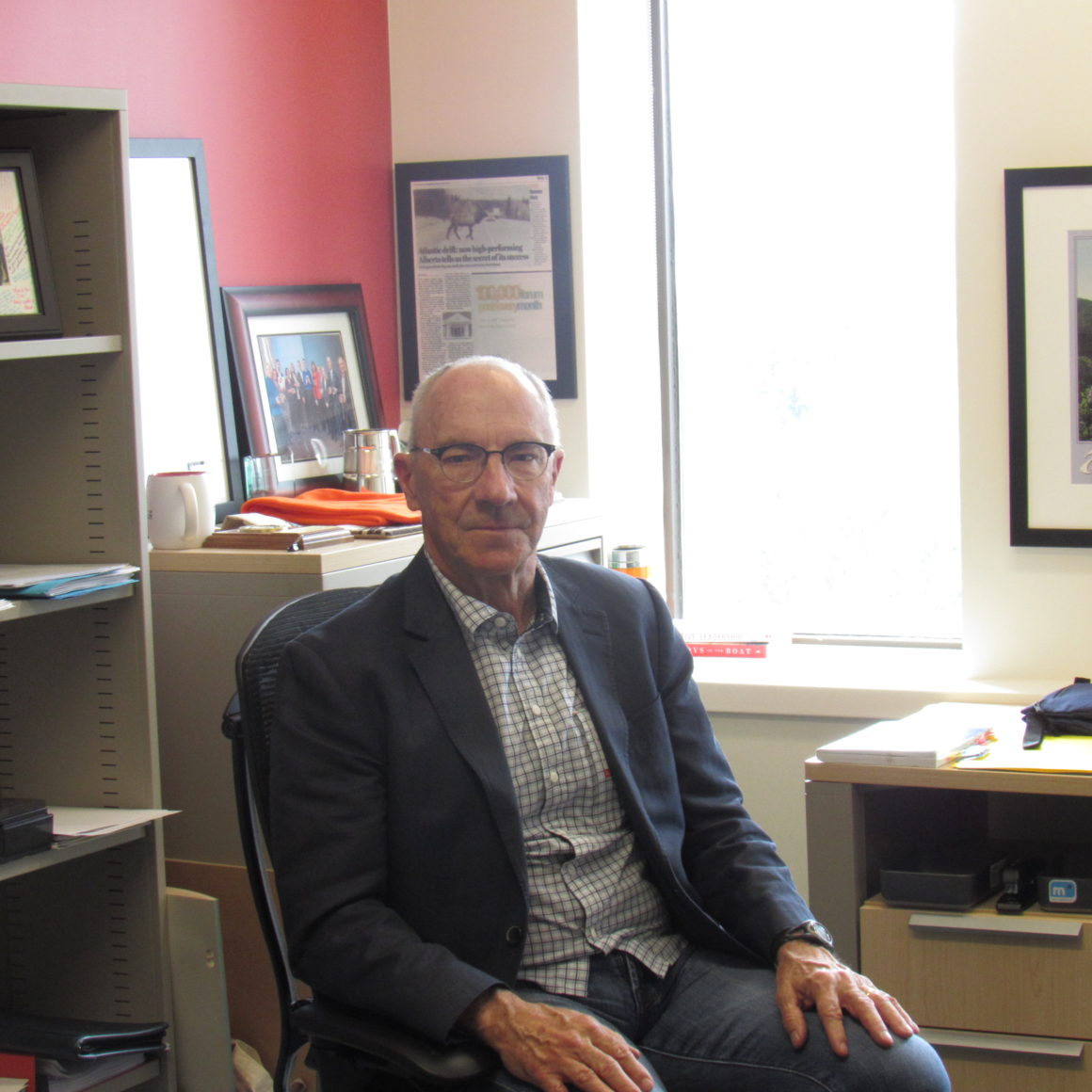
Werklund director of professional programs discusses NDP’s plan for curriculum overhaul
By Scott Strasser, July 18 2016 —
In mid-June the Alberta NDP government announced plans for a full-scale review of the province’s education curriculum for kindergarten to grade 12. The curriculum overhaul will cost $64.4 million and be finished by 2022, according to Minister of Education David Eggen.
The Gauntlet discussed the province’s curriculum plans with Werklund School of Education associate professor and director of professional programs Jim Brandon, who has been involved in curriculum development in the past as both a public school principal and superintendent. Brandon was also the director of leadership capacity growing with the College of Alberta Superintendents from 2009–2011.
The Gauntlet: Are the province’s timeline and projected cost for this review realistic?
Brandon: It’ll be the first time that much curriculum is [redone] in that length of time, so in that way it is ambitious. On the other hand, the way they’re going about it is more systematic than has been done before. They used to have a cycle for how the curricula were scheduled to change. One curriculum would reflect certain ideas, while another one wouldn’t be as current. So you didn’t necessarily have a planned system as comprehensive as this.
G: What disciplines from the current curriculum would you say are the most outdated?
B: When you look at disciplines like arts education or when you look at some of the programs that are not in the core, then those are all older. The social studies curriculum has [also] not been updated as recently as it could have been. And the math program, which sometimes goes in for scrutiny, hasn’t gone under revision for a good few years.
G: What could be the biggest changes to Alberta’s education under a new curriculum?
B: I think the most beneficial things will be more of a consistency in how the disciplines are reflected. It will be up to speed in each curriculum area at the same time for each series of grade levels. All of the curricula across a [certain] range, say they choose kindergarten to grade three or kindergarten to grade four, would reflect more common values and philosophy. The curriculum would be more coherent.
G: Are there other provinces in Canada that we should be looking up to in terms of an education curriculum?
B: I think Alberta has always had a pretty good curriculum. When you look at the way education was set up in the prairie provinces, there are quite a few similarities. It allows for individual context to reflect their local circumstances, but there are themes that run across all the prairie provinces. And across Canada there have been protocols established in the past that are also built around similar themes. One additional benefit would be to have the curriculum composed of fewer individual things and more larger things.
G: NDP critics and opposition parties have claimed this is a strategic way for the government to insert their political values into Alberta’s education system. What are your thoughts on that?
B: Education has never been politicized in the way it has been in the last three or four years in Alberta. It became politicized through advocacy from opposition parties at the time. The sort of attack on education, particularly through “math wars,” a lot of it was coming from people with a particular ideology and a desire to put the then government on the defensive. What they’re proposing is actually more conservative than what was undertaken over the last couple years through something called “curriculum prototyping.”
G: Can political ideology stay out of an education curriculum?
B: In my history of being involved in education in the province — 43 years — I had never seen that before. In the days of the social credit and of the Conservatives, education wasn’t kicked back and forth the way it more recently seems to be. [Critics] are suggesting the politicians are driving the agenda. My take would be that the bureaucracy has been waiting to make some changes in a number of areas for some time and there is a government that is maybe more closely aligned with teachers. They’re trying to move carefully and choose changes that can be seen as being needed in education.
Edited for clarity and brevity
